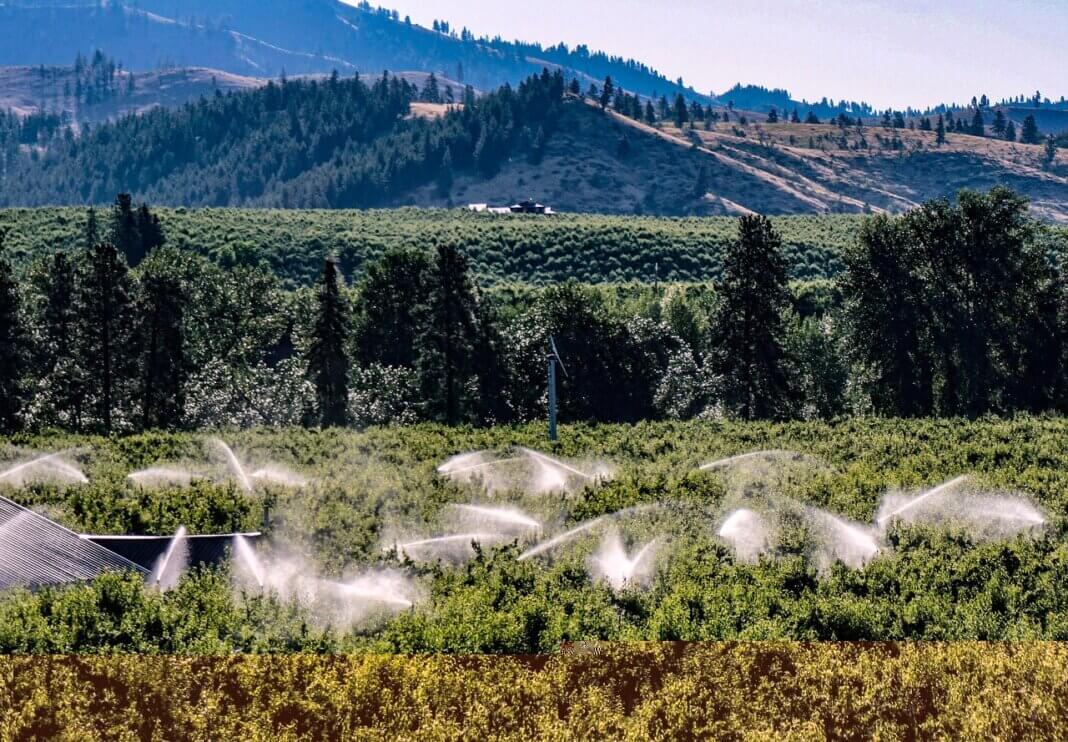Sustainable Strategies To Optimize Your Farm
Sustainable farming is a vital practice that fosters long-term productivity, environmental health, and economic stability. By adopting sustainable farming practices, farmers can protect their crops, enrich their land, and contribute to more resilient agricultural systems. Here are some proven strategies you can try to optimize your farm sustainably.
Rotate Crops
Crop rotation is a powerful and sustainable method for maintaining soil health. By alternating the types of crops grown in a specific area, farmers can naturally reduce pest and disease buildup, as well as improve soil fertility.
Different plants have unique nutrient requirements, and rotation ensures the soil doesn’t become depleted of one essential element. This strategy reduces the need for chemical inputs, keeping your farm productive and environmentally friendly.
Manage Irrigation Efficiently
Water is one of the most critical resources in agriculture. To maximize water efficiency on your farm, consider implementing systems such as drip irrigation or scheduling watering based on smart irrigation systems.
These methods deliver water directly to the plant roots, minimizing waste and evaporation. Investing in water-efficient technology ensures that crops stay hydrated without depleting local water sources, which is especially beneficial in drought-prone areas.
Minimize Erosion
Protecting your soil from erosion is essential for sustainability. Erosion removes the fertile topsoil and harms nearby ecosystems by polluting waterways with sediment and fertilizers.
Practices like contour farming, cover cropping, and planting windbreaks significantly reduce erosion risks. These methods keep your soil intact and ensure that nutrients remain available to support future crops.
Practice Organic Farming
Organic farming relies on natural inputs and biological processes rather than synthetic chemicals. By choosing organic fertilizers and pest control methods, you can improve soil quality and reduce harm to the surrounding environment. Organic farming promotes biodiversity, strengthens ecosystems, and creates healthier food for consumers.
Support Pollinators
Practicing organic farming by minimizing the use of pesticides also supports natural pollinators. Pollinators such as bees, butterflies, and other insects are vital for crop production. Supporting pollinators on your farm enhances biodiversity and ensures higher crop yields.
Create pollinator-friendly habitats by planting wildflowers, reducing pesticide use, and providing safe water sources. These actions sustain the populations that are essential to your farm’s reproductive cycles.
Achieving Sustainable Agriculture
Adopting sustainable farming practices is essential for the modern growth and success of your farm. These methods preserve natural resources and ensure farms remain productive for generations.
By focusing on these sustainable strategies to optimize your farm, you are investing in long-term resilience and sustainability. A healthy farm benefits its owner, the wider community, and the planet.
